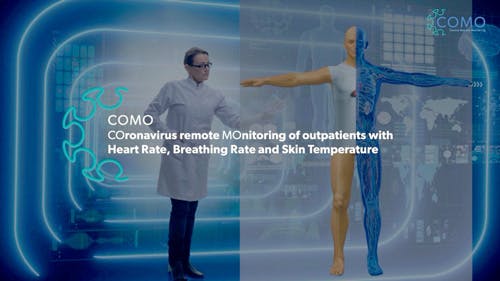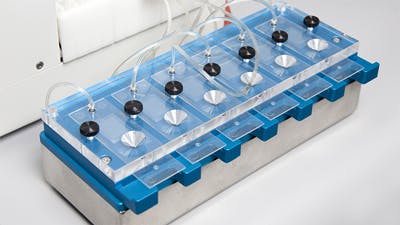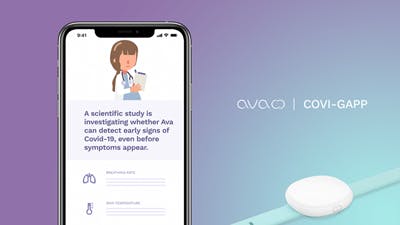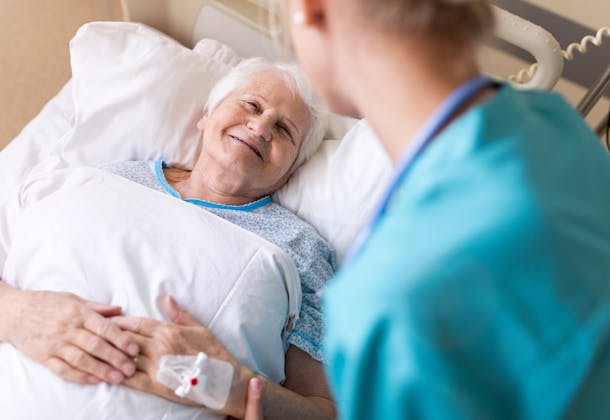
COMO is a demonstration project funded by the ESA and the Italian Space Agency in response to the Coronavirus pandemic in Italy. The pilot enables COVID-19 patients who suffer from cardiovascular and respiratory complications to stay at home, thus lightening the burden on the Italian healthcare system during the COVID-19 crisis.
It is a remote, real-time, patient vital sign monitoring service based on wearable technologies and a cloud platform that allows healthcare providers to monitor the health evolution of COVID-19 patients. A broad clinical trial will be conducted in collaboration with the Sacco University Hospital in Milan under the guidance of Prof. Maurizio Viecca.

CSEM is involved in two of the eleven projects selected by the Botnar Research Centre for Child Health, which is supported by the Fondation Botnar.
- Detection of antibodies against SARS-CoV-2 – the virus that causes COVID-19 – using saliva. Project led by SwissTPH, Swiss Tropical and Public Health Institute.
- Development of an innovative pressure sensor to regulate ventilation when a patient is intubated. This will help protect the patient’s lungs and other tissue already damaged by the disease. Project led by UKBB, University Children's Hospital Basel.

CSEM and Swiss startup Adamant Innotech have come up with a robust test that can identify past infections – including COVID-19, the flu and around 15 other viruses. The two partners have teamed up to develop this fast and highly sensitive test, which uses a single drop of blood to detect antibodies the body has produced to fight various infections. The device is based on a mature optical microarray technology that has already been used in other medical applications. The new biosensor will simultaneously probe for up to 20 different types of antibodies, with test results ready in one to two hours.

CSEM teams are helping collect data from volunteers through a free smartphone app as part of the effort to stem the spread of coronavirus. The volunteers’ health and position data are collected via their smartphone, anonymized and then sent to Riva Digital: an online platform that maps out the readings in order to identify potential infection hotspots.

Biometric bracelets developed by Swiss startup AVA and based on CSEM technologies are currently being tested in Liechtenstein for their ability to detect early signs of COVID-19. The bracelets, which were originally designed to track fertility in women, will measure the wearers’ various physiological parameters while they sleep. In the first phase of the study, which is being run by a group of researchers and entrepreneurs, the bracelet will be tested on more than 2,000 volunteers between the ages of 33 and 51. Phase two of the study will expand testing to a larger population group. The collected data will be used to detect the virus as early as possible, track infection rates, and learn more about the disease.



